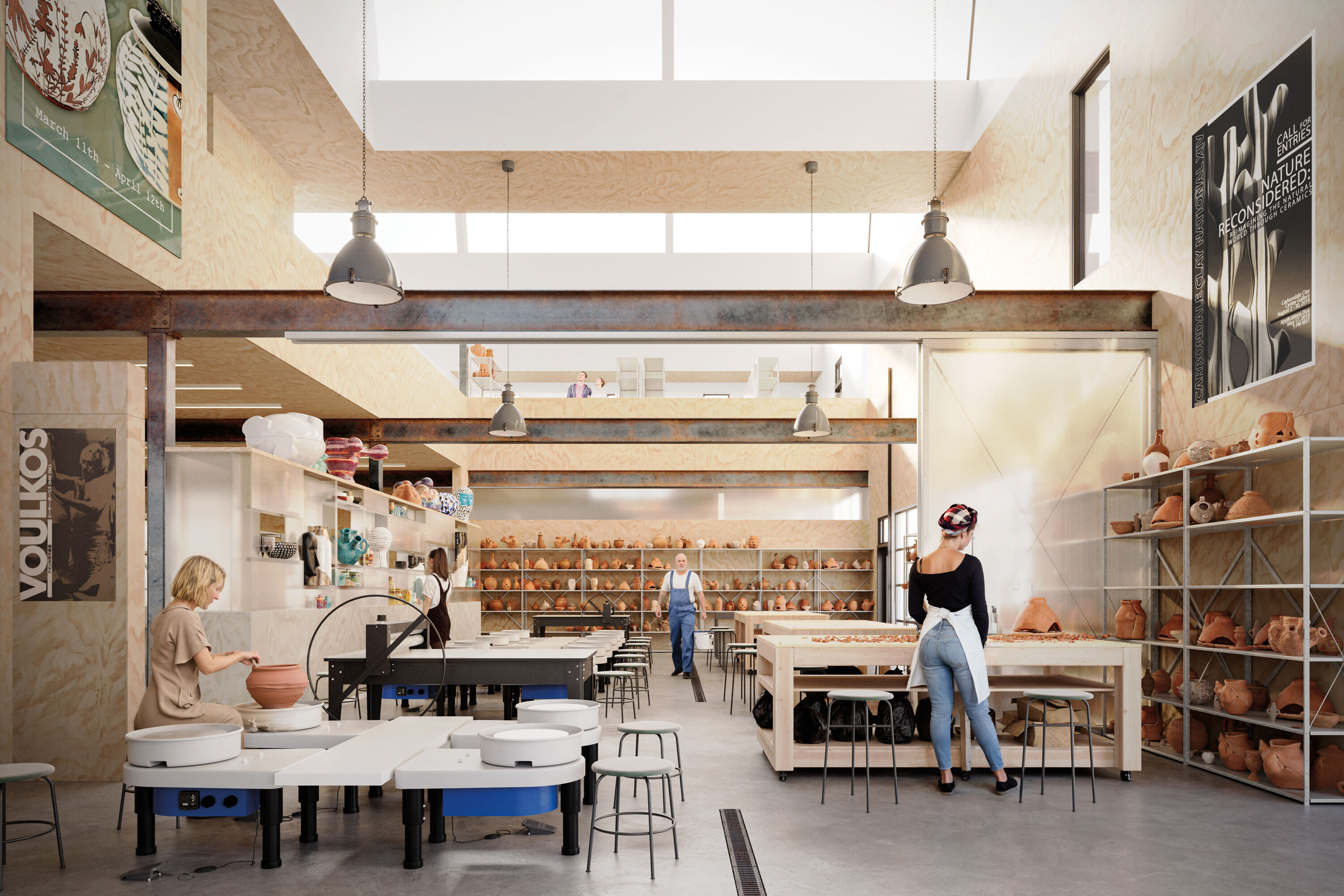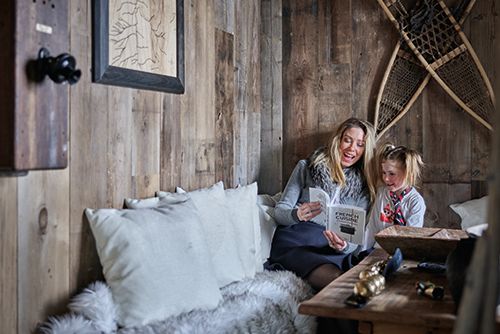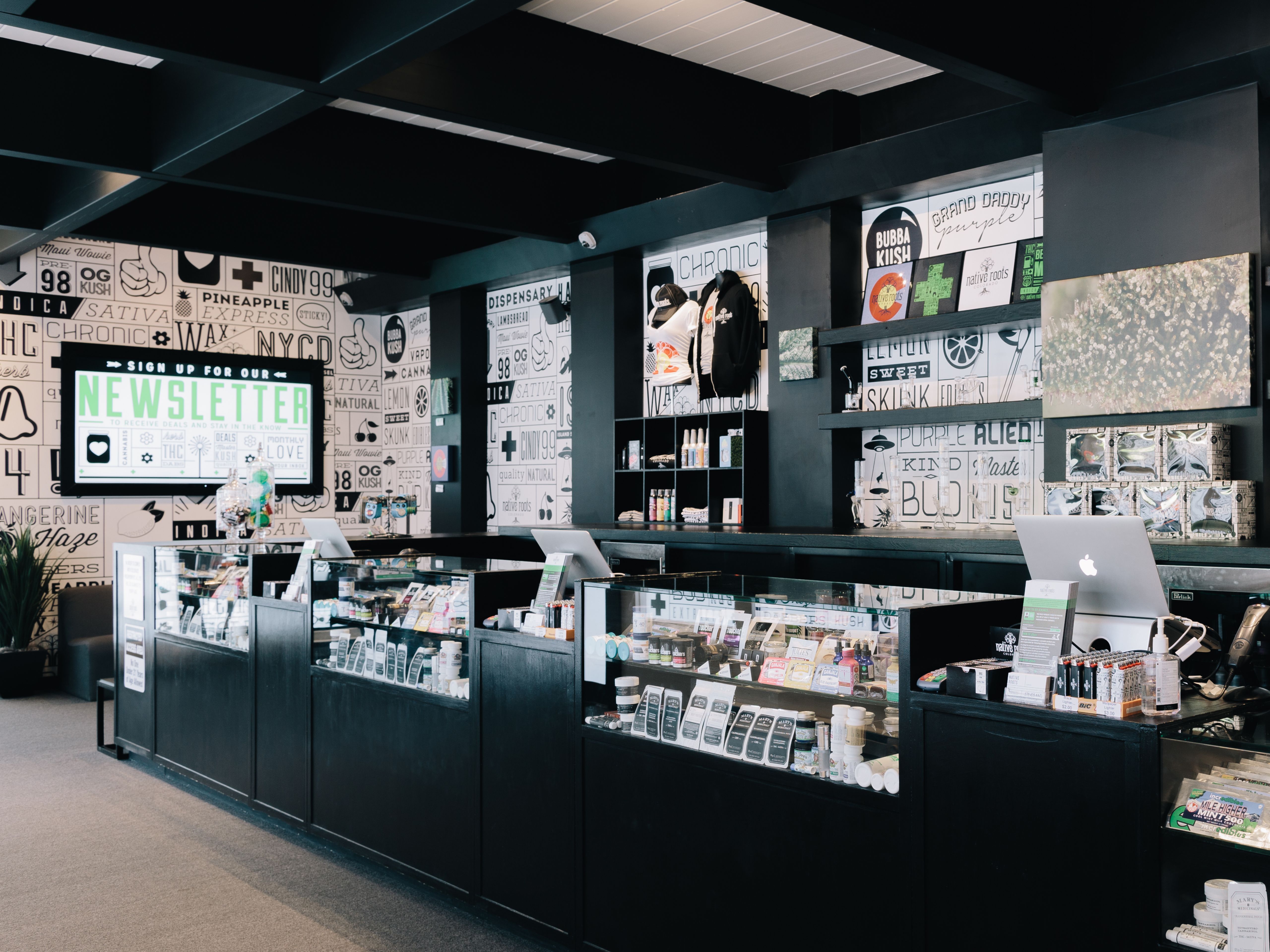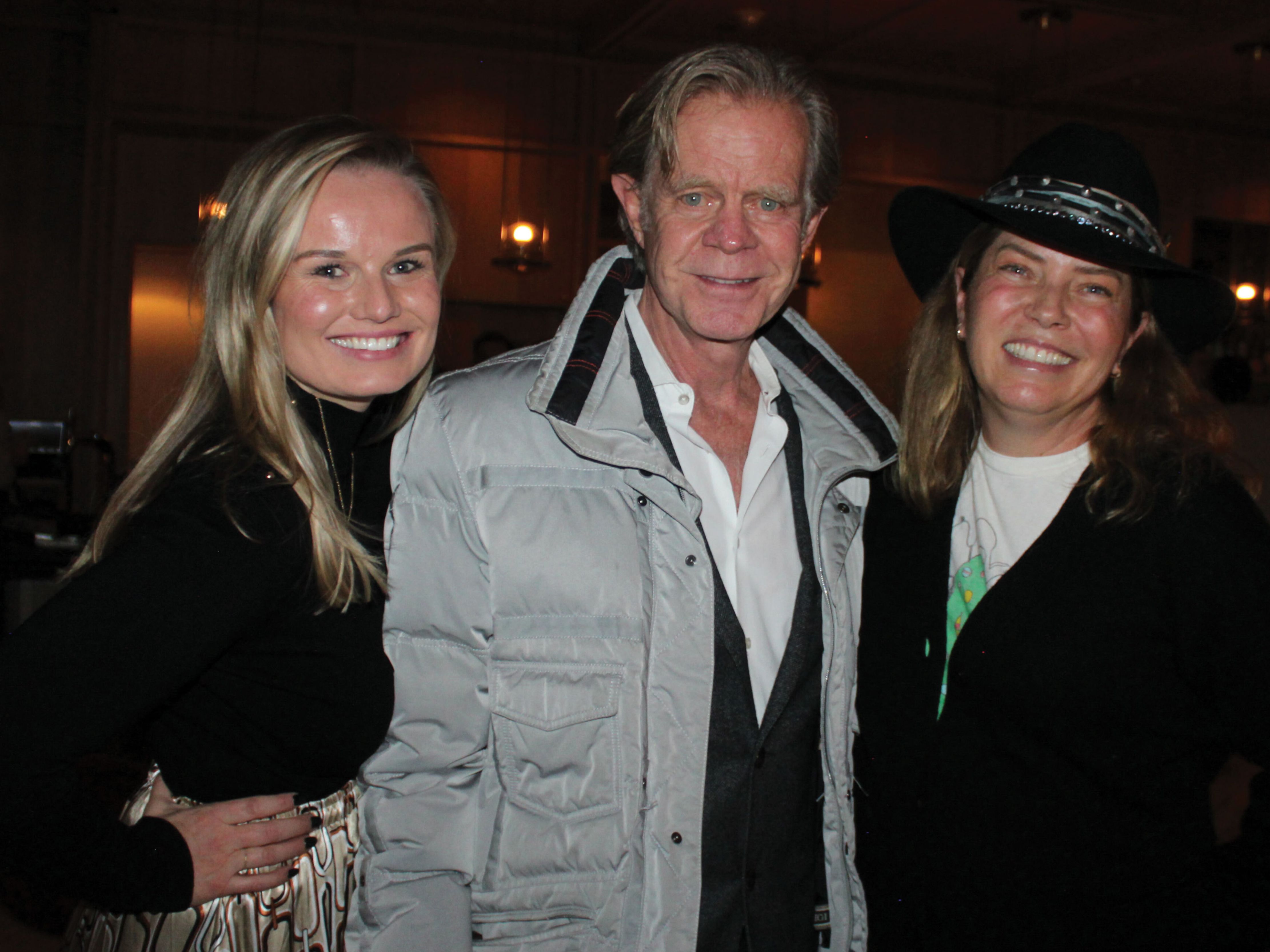Paying Tribute to Piñons: An Aspen Institution Celebrates 30 Years
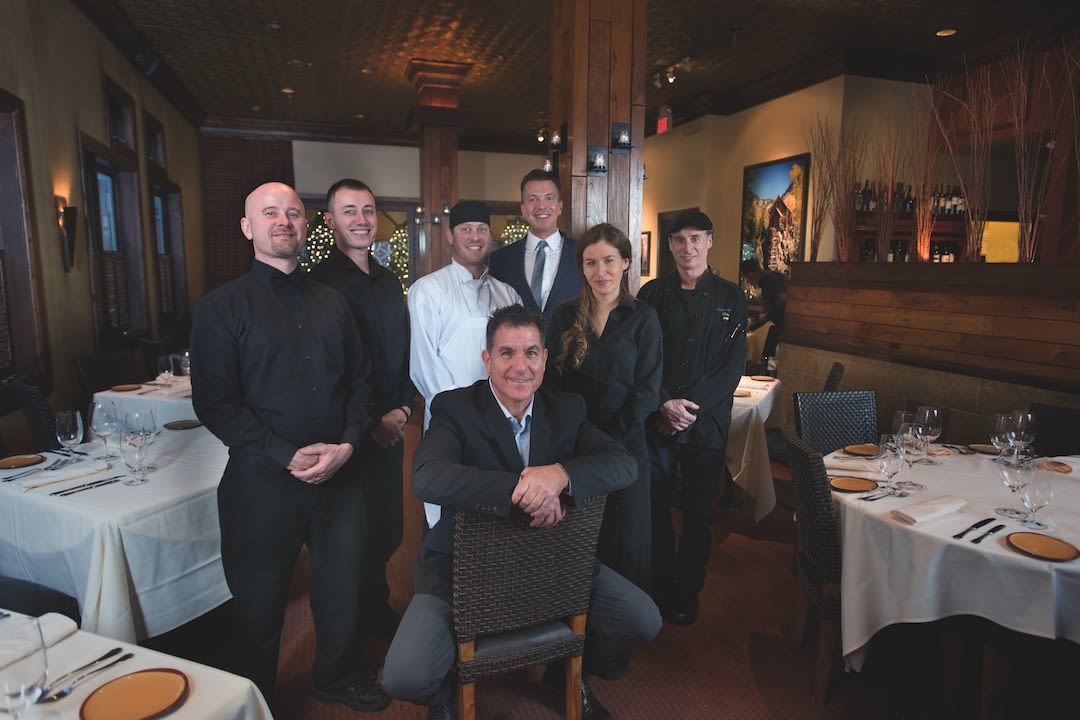
Piñons co-owner Rob Mobilian (front) with, from left, Bradey Coman, Mihailo Milicevic, Bret Kistner, Tim Bean, Mina Arsic, and Kevin Ribich.
Image: Karl Wolfgang
In February 1988, a chance meeting in the alley behind 105 Mill Street launched a career—not to mention, eventually, a marriage and an Aspen culinary institution. Chef Rob Mobilian, who had previously cooked at the Hotel Jerome and an Italian spot called Abetone, was considering leaving town when a friend told him about a soon-to-open restaurant in the second-story space above. Mobilian trudged up the stairs and landed a job at Piñons.
Two days later, the restaurant opened to the public with a menu that had been written but not tested. “If you ordered the lamb at 6 p.m., you would get a different dish by 8 p.m.,” laughs Beth Mobilian, Rob’s wife and now, with him, a Piñons co-owner. “They were kind of winging it.”
It used to be that you could open a restaurant that way, but not anymore, says Beth, who met Rob 29 years ago while sitting at Piñons’ bar. Now the competition is too fierce and the stakes (including rent and labor) too high not to have a solid business plan, a complete menu, and either a wad of cash or investors lined up to bring the idea to light. But three decades ago, things were different, and Rob climbed those stairs into the opportunity of a lifetime.
When Piñons closed for its first off-season, Rob and then-owner Fred Mayerson spent the next several months dialing in the menu, focusing on simple dishes that still maintained sophistication and wide appeal. A perfect example: the long-standing Freddy salad, with romaine, crispy bacon, Roma tomatoes, and homemade ranch. The salad is such a favorite that the signature dressing has become a bargaining chip—as in “if you help me out, I’ll get you some,” Beth says.
Under Rob’s watchful eye (he was quickly promoted to executive chef, and he and Beth bought the 120-seat restaurant in 2001), Piñons soon became an Aspen icon. “I really have a handle on what our customers want—understandable food that’s straightforward,” Rob says. This may contradict where food trends (molecular gastronomy, big-name chefs, unpronounceable ingredients) are going, but in Aspen, notes Rob, guests aren’t necessarily chasing fads.
That simple-first philosophy (not to mention the restaurant’s legendary bar menu) appeals to locals too. “When I moved here in the mid-1990s, an invitation to Piñons was always considered the ultimate offer,” says longtime Aspenite May Selby. “I’ve now become more aware of the wine program, which has earned a notable reputation, as has their menu, with delicious fish, poultry, and game.”
And if it’s a restaurateur’s responsibility to make sure the diner does not go without, then Piñons has exemplified that motto for 30 years. Countless examples exist of the staff going above and beyond—including helping to orchestrate dozens of elaborate engagements—but one of the most telling is this: “We had a regular customer who always wanted an espresso,” Beth says. “It was before we had a machine, so we would run across the street to Caribou Club to get it.”
That communal approach underscores the Mobilians’ recipe for hospitality: an intrinsic understanding that the dining experience involves more than just dinner. Piñons’ casually elegant dining room, its seasoned staff (some of whom have been on board since Day One), and the reliable menu feel comfortingly familiar to its loyal clientele. Case in point: “I had a call last August from a customer saying ‘I want to sit at that corner table (no. 4) because I’m going to propose to my girlfriend and that’s where my dad proposed to my mom,’” says Rob.
Ultimately, Piñons is about people. In a changing climate, where smartphones almost never leave diners’ hands and Instagram feeds capture the latest and greatest, the restaurant remains true to its roots of coddling guests. “People still want to be nurtured,” Beth says. “That connection, that intimacy, you can’t replace that with the Internet.”
Bobby Stuckey, a master sommelier who spent five years at The Little Nell Hotel before opening the James Beard Award–winning Frasca Food and Wine in Boulder, echoes that sentiment. “Piñons has been a cornerstone of wine, food, and hospitality since its beginning. In a world of ever-changing trends, they have kept to the pursuit of taking great care of people.”
It’s with that mission in mind that Piñons has thrived for the past three decades while so many other local restaurants have come and gone. Looking back, Rob credits its success with one word: consistency. “I think it has a lot to do with me,” he says. “I’ve been here since the beginning and now, for our guests, it’s like coming home.”




















